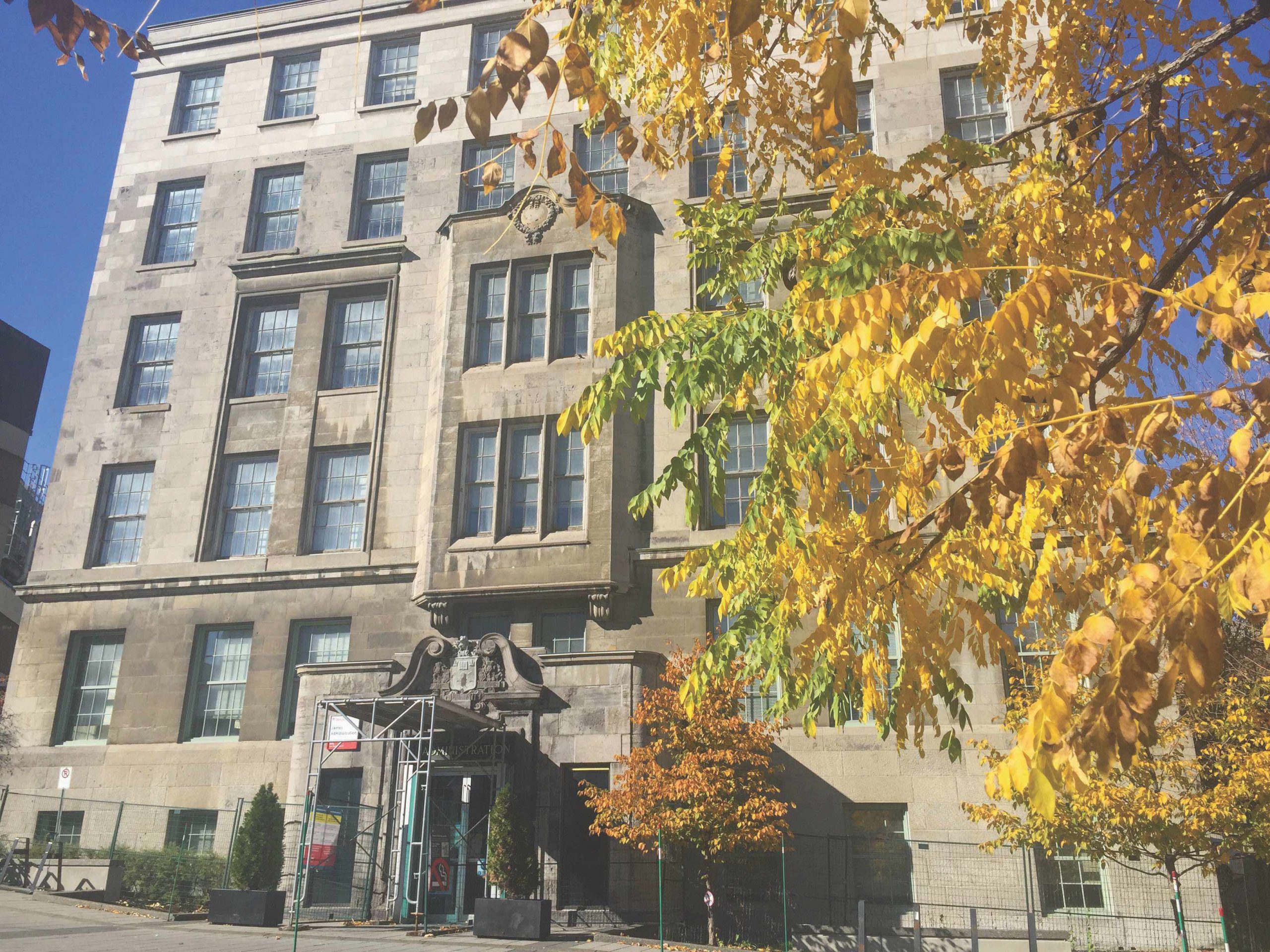The McGill Senate held its first meeting of the 2021-2022 academic year on Sept. 22, where it passed several routine motions and approved the creation of an advisory committee that will counsel the university’s senior administration on COVID-19-related academic policies and planning.
During the meeting, the Senate considered a motion requesting the creation of an ad hoc COVID-19 advisory committee. The Students’ Society of McGill University (SSMU) president Darshan Daryanani helped craft the motion with associate provost (Equity & Academic Policies) Angela Campbell, among others.
Samer Faraj, a professor in the Desautels Faculty of Management, expressed his support for the motion, noting that he no longer sees some colleagues around campus due to their refusal to return to McGill for health reasons. Daniel Weinstock, a professor in the Faculty of Law, echoed Faraj’s concerns, arguing that there was a serious lack of trust in the administration among staff and students.
“My sense is that there really is a lot of fear and a little bit of anger at the base,” Weinstock said. “The people who are going into classrooms feel that their concerns have not been adequately dealt with, and this has led to a crisis of trust.”
After some deliberation, the motion passed with a 94 per cent majority.
Principal and vice-chancellor Suzanne Fortier announced that the Fall 2021 convocation may be in person and that a final decision would be made at the end of September.
Fortier reminded senators that Sept. 30 is the first National Day for Truth and Reconciliation. In past years, Sept. 30 was known as Orange Shirt Day, but thanks to legislation passed in June 2021, the day is now a federal statutory holiday. McGill has several events scheduled, including the Every Child Matters March, which will honour the victims of residential schools and fundraise for the Indian Residential School Survivor Society (IRSSS).
Daryanani presented a short statement about the upcoming National Day for Truth and Reconciliation, after which the Senate held a moment of silence.
“Taking part in this day symbolizes our commitment to remembering Canada’s violent colonial history,” Daryanani said. “As we know, there is still a long way for all of us to go in order to achieve meaningful decolonization of our relationship with Indigenous Peoples.”
Afterwards, the Senate approved a motion to revise the structure of the Joint Board Senate Committee on Equity, which is tasked with recommending policy that encourages the employment and participation of all individuals in the McGill community, including those from marginalized groups.
Campbell presented the motion outlining the committee’s revised structure, noting this was the first time the terms and structure of the Joint Board Senate Committee on Equity had been reviewed since it was formed in 1994. The proposed revisions included renaming the committee to the “McGill Equity, Diversity, and Inclusion Committee.”
“There were some potential shortcomings, by virtue of the fact that the subcommittee’s structure might be over-general, under-inclusive,” Campbell said. “Their work was not always well-known, and there might be a lack of intersectionality.”
Moment of the Meeting:
At the beginning of the meeting, vice-president (Health Affairs) David Eidelman Eidelman paid tribute to the late neurophysiologist Dr. Krešimir Krnjević, who was previously the chairman of the Department of Physiology at McGill. He also presented a tribute to the late Dr. John Burgess, an emeritus professor of medicine and a tireless advocate for Indigenous health.
Soundbite:
“I think it’s going to be very important for this committee to treat us like adults, and say ‘okay, we have actually made some tough choices, and here are the choices, evaluate them as you will,’ rather than […] the decision-making process [being] a black box you’re not allowed to look into. I think we need to get rid of that black box.”
– Professor Derek Nystrom, on his hopes for the ad hoc COVID-19 advisory committee.







